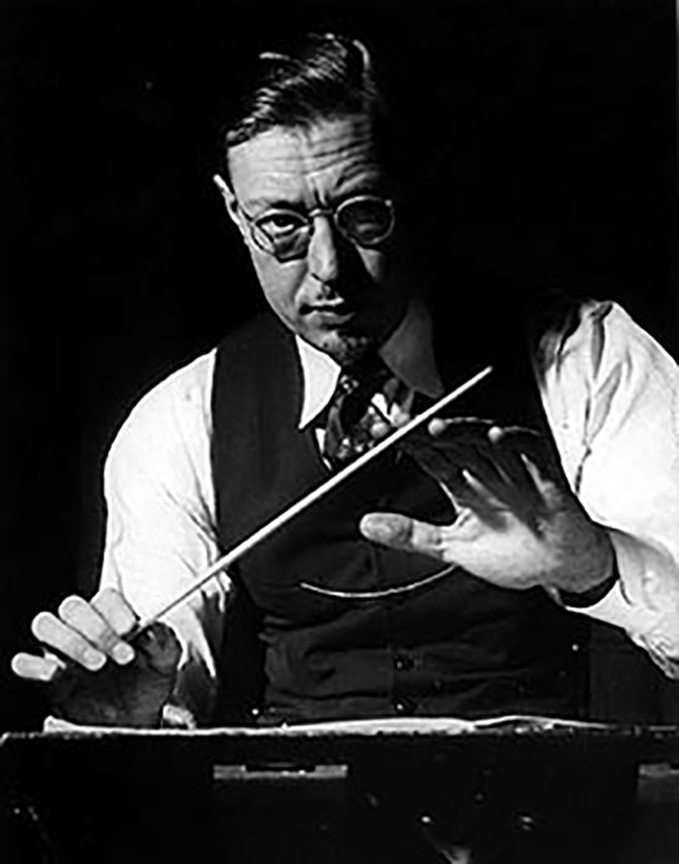Howard Hanson
Info
Wahoo, Nebraska
02/26/1981
Rochester, New York
USA
20th Century
Orchestral
Biography
Howard Hanson was born in Wahoo, Nebraska on October 28, 1896. His mother taught him music, and he later attended Luther College for more musical training. Hanson studied in Rome, attended the Institute of Musical Art (later to become the Julliard School), and Northwestern University. He was an instructor at Northwestern for a couple years. Hanson taught theory and composition at College of the Pacific. Hanson was head of the Eastman School of Music in New York for 40 years. He helped to strengthen the curriculum of the Conservatory. Hanson conducted many American works. His style was lyrical and harmonic, and liked asymmetrical rhythms. Hanson was influenced by the Gregorian Chant, Jean Sibelius, and Edvard Grieg. Most people consider him to have a Romantic style. Hanson conducted his Symphony no. 4 with the Boston Symphony Orchestra on December 3, 1943, and the next year he won a Pulitzer Prize for that piece. Hanson was awarded the American Prix de Rome in Music from the California Forest Play. Hanson was very interested in educating younger people about music, and was involved in organizations such as Music Teachers National Association and the National Association of Schools of Music. He was the president of the National Music Council. Hanson died Feb. 26, 1981.
Main Works
Opera:
Opus 31. "The Merry Mount", 3 acts (1933)
Choral works:
Symphonic poem "North and West" with obbligato chorus (1923)
"The Lament for Beowulf" for chorus & orchestra (1925)
"Heroic Elegy" for wordless chorus & orchestra (1927)
"Drum Taps" (Walt Whitman) for baritone, chorus & orchestra (1935)
Orchestral works:
Symphonic Prelude (1916)
Symphonic Legend (1917)
Symphonic Rhapsody (1919)
Symphonic Poem "Before the Dawn" (1920)
Symphonic. Poem "Exaltation" op.20 (1920)
Symphony No. 1 ("Nordic"), E mi. (1922)
Symphonic Poem "Lux aeterna" op.24 (1923)
Symphonic Poem "Pan and the Priest" op.26 (1926)
Organ Concerto, op.27 (1926)
Symphony No. 2 ("Romantic") (1930)
Merry Mount, Suite (1938)
Symphony No. 3 (1941)
Symphony No. 4 (1943) - Pulitzer Prize Winner
Serenade, op.35 (1945)
Piano Concerto, op.36 (1948)
Pastorale, op.38 (1949)
Fantasy-Variations on a Theme of Youth, op.40 (1951)
Symphony No. 5 ("Sinfonia Sacra") (1955)
Elegy, op.44 (1956)
Summer Seascape (1958)
Mosaics (1958)
Bold Island Suite, op.46 (1961)
For the First Time (1963)
Summer Seascape II (1966)
Dies natalis I (1967)
Symphony No. 6 (1967)
Symphony No. 7 ("Sea Symphony") (Walt Whitman) (1977)
Ballet "Nymphs and Satyr" (1979)
Solo Instrument and orchestra:
Symphonic poem "Exaltation" with piano obbligato (1920)
Concerto for organ strings & harp (1921)
Symphonic poem "Lux aeterna" with viola obbligato (1923)
Symphonic poem "Pan and the Priest" with piano obbligato (1926)
Organ Concerto (1926)Piano Concerto (1948)
Voice and orchestra:
Songs from Walt Whitman (1915)
The Untold Want
Portals
Joy! Shipmate, Joy!
Chamber music:
Quintet, F mi., for 2 violins, viola, cello & piano (1916)
"Concerto da camera" for 2 violins, viola, cello & piano (1917)
String Quartet (1923)
Choral:
The Lament for Beowulf, op.25, chorus, orch, (1925)
Songs from Drum Taps, op.32, Bar, chorus, orch, (1935)
The Cherubic Hymn, op.37, chorus, orch, (1949)
How Excellent Thy Name, op.41, female vv, pf, (1952)
Song of Democracy, chorus, orch, (1957)
Song of Human Rights, chorus, orch, (1963)
Psalm CL, male vv, (1965)
Psalm CXXI, Bar, chorus, orch, (1968)
Streams in the Desert, chorus, orch, (1969)
The Mystic Trumpeter, narrator, chorus, orch, (1970)
New Land, New Covenant, oratorio, (1976)


